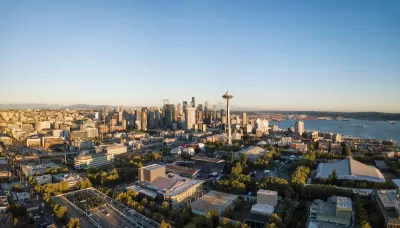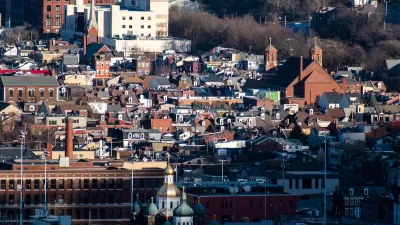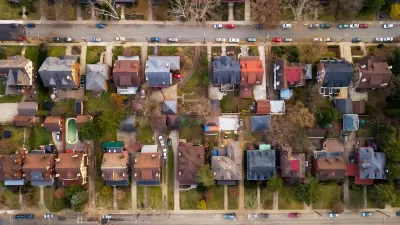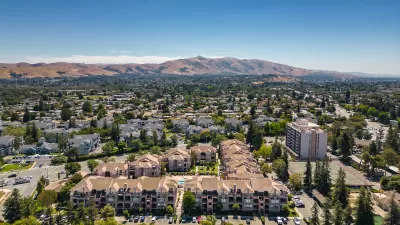2023 saw some victories and some setbacks for housing advocates. Lawmakers plan to continue the fight in 2024.

Writing in The Urbanist, Ryan Packer describes the outlook for housing bills in this year’s Washington state legislative session. “With local governments still trying to get a handle on the full impact of the changes around zoning and permitting laws that the legislature passed earlier this year, many state lawmakers currently getting ready to head back to Olympia to begin the 2024 session want to see this upcoming year turn the ‘year of housing’ into a two-parter.”
Pro-housing legislators want to see a continued focus on bills that improve housing affordability and increase supply, including a bill supporting transit-oriented development that wasn’t passed before the end of last year’s legislative session. As Packer explains, “Housing advocates see targeted transit-oriented development as an essential piece of the puzzle that’s missing right now.”
The new TOD bill targets development around rail and bus rapid transit (BRT) lines, which Packer notes could lead to investment in areas with as-yet-unbuilt rail stations while ignoring neighborhoods with existing, frequent bus service.
Other priorities for Washington housing reform in 2024 include rent stabilization, which failed to get much traction in the legislature last year, and dedicated state revenue streams for affordable housing. A bill introduced in 2023 would create a new $5 million threshold for the state’s real estate excise tax (REET) to fund affordable housing. Another proposal would make single room occupancy (SRO) buildings legal once again to support affordable co-living options and low-income housing.
FULL STORY: State Legislators Push for ‘Year of Housing 2.0’

Study: Maui’s Plan to Convert Vacation Rentals to Long-Term Housing Could Cause Nearly $1 Billion Economic Loss
The plan would reduce visitor accommodation by 25,% resulting in 1,900 jobs lost.

North Texas Transit Leaders Tout Benefits of TOD for Growing Region
At a summit focused on transit-oriented development, policymakers discussed how North Texas’ expanded light rail system can serve as a tool for economic growth.

Using Old Oil and Gas Wells for Green Energy Storage
Penn State researchers have found that repurposing abandoned oil and gas wells for geothermal-assisted compressed-air energy storage can boost efficiency, reduce environmental risks, and support clean energy and job transitions.

Private Donations Propel Early Restoration of Palisades Playground
Los Angeles has secured over $1.3 million in private funding to restore the Pacific Palisades playground months ahead of schedule, creating a modern, accessible space that supports community healing after recent wildfires.

From Blight to Benefit: Early Results From California’s Equitable Cleanup Program
The Equitable Community Revitalization Grant (ECRG) program is reshaping brownfield redevelopment by prioritizing projects in low-income and environmental justice communities, emphasizing equity, transparency, and community benefits.

Planting Relief: Tackling Las Vegas Heat One Tree at a Time
Nevada Plants, a Las Vegas-based nonprofit, is combating the city’s extreme urban heat by giving away trees to residents in underserved neighborhoods, promoting shade, sustainability, and community health.
Urban Design for Planners 1: Software Tools
This six-course series explores essential urban design concepts using open source software and equips planners with the tools they need to participate fully in the urban design process.
Planning for Universal Design
Learn the tools for implementing Universal Design in planning regulations.
Ascent Environmental
Borough of Carlisle
Institute for Housing and Urban Development Studies (IHS)
City of Grandview
Harvard GSD Executive Education
Toledo-Lucas County Plan Commissions
Salt Lake City
NYU Wagner Graduate School of Public Service





























